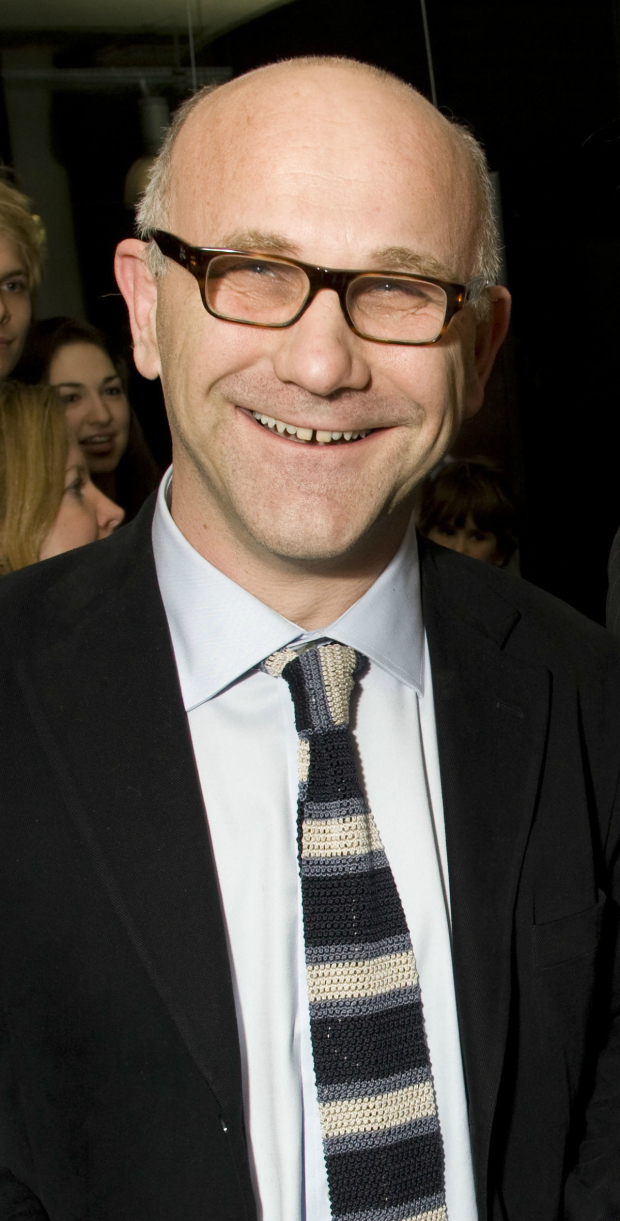Review: All Our Children (Jermyn Street Theatre)
Incomprehensible truths are the name of the game when it comes to Nazi Germany. Not only is the number of people they brutally murdered in World War Two almost inconceivable, the smooth efficiency and pragmatism with which the party carried out these killings is also extraordinarily difficult to imagine.
In his debut play, Stephen Unwin reminds us again of the way human morality was put to one side at this point in history, but not by highlighting the mass slaughter of Jews. Here he focuses on the party's policy of killing disabled people. People, as the Nazis said, living ‘lives unworthy of life’. The reasoning behind the policy was one of eugenics – Social Darwinism. How is society to progress if there are people living in it who cannot contribute to its success?
Today it seems morally reprehensible, back then the Nazis convinced the people they had to convince (the full horrors were mostly hidden) through money. The cost to society of one disabled person, they said, was 60,000 marks and that was money which could be spent on the 'healthy'. Unwin puts us right at the heart of this argument, setting All Our Children in a clinic for disabled children run by Doctor Victor Franz. It had been a place of medicine, care and refuge, but now the institution is being infiltrated by the SS and the kids are being shipped off to the gas chambers.
Victor is less conflicted than you might think by the fact that his Nazi administrator is having him sign off on state-sponsored murder. He is a scientist, he says, and he’s a childless one at that. As such, his emotional attachment to the children is much, much weaker than that of his friendly house keeper Martha. Victor justifies the work of the clinic by calling it a mercy. It is only when he receives two visits in one day – one from a mother of a disabled boy, the other from a bishop who has been openly against the killing programme – that he begins to see how he may have made a mistake.
Unwin’s dialogue is sharp and bright and his characters believable. Essentially All Our Children is a push and pull play – each side of the arguments is laid out for the audience to hear – tussling on the tiny stage at the Jermyn Street Theatre. Towards the end the piece does begin to feel as though it retreads territory – the arguments get slightly repetitive. But though they are conversations reflecting issues of the time, they are also debates which stand up today. Unwin makes the case that life, whether a disabled one or not, mustn’t be undervalued. "They can help us be better people" says the bishop at one point. And this is a key pivot in the play.
There are some very fine performances here, especially David Yelland as the bishop (a character based on a true figure of the time) who manages to demonstrate that although he is religious, it is an innate humanity which helps him to see that what the Nazis are doing is wrong. Colin Tierney as Victor is also quite strong, although even set amid the madness of this time, I still found it hard to believe a man who has dedicated his life to the care of children might not balk a little more at ticking names on a death list.
But perhaps that is one of the important points to Unwin’s play: All Our Children demonstrates that it may be easier than we think to convince oneself that a moral aberration is in fact progress. And that is, of course, terrifying.
All Our Children runs at Jermyn Street Theatre until 3 June.











